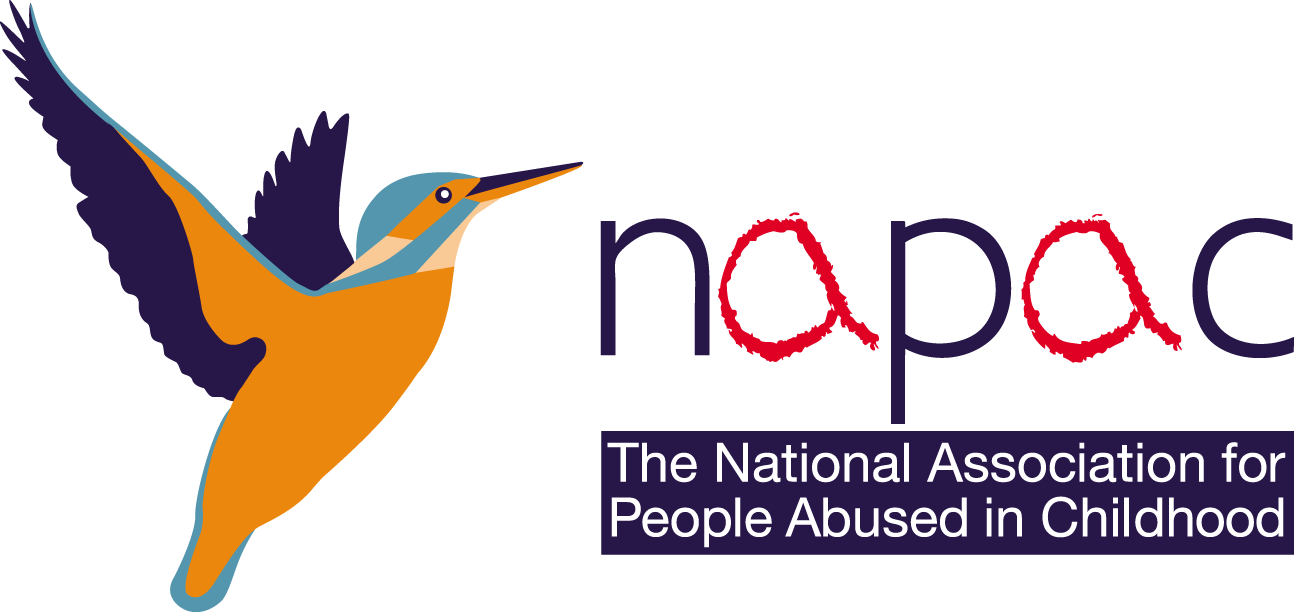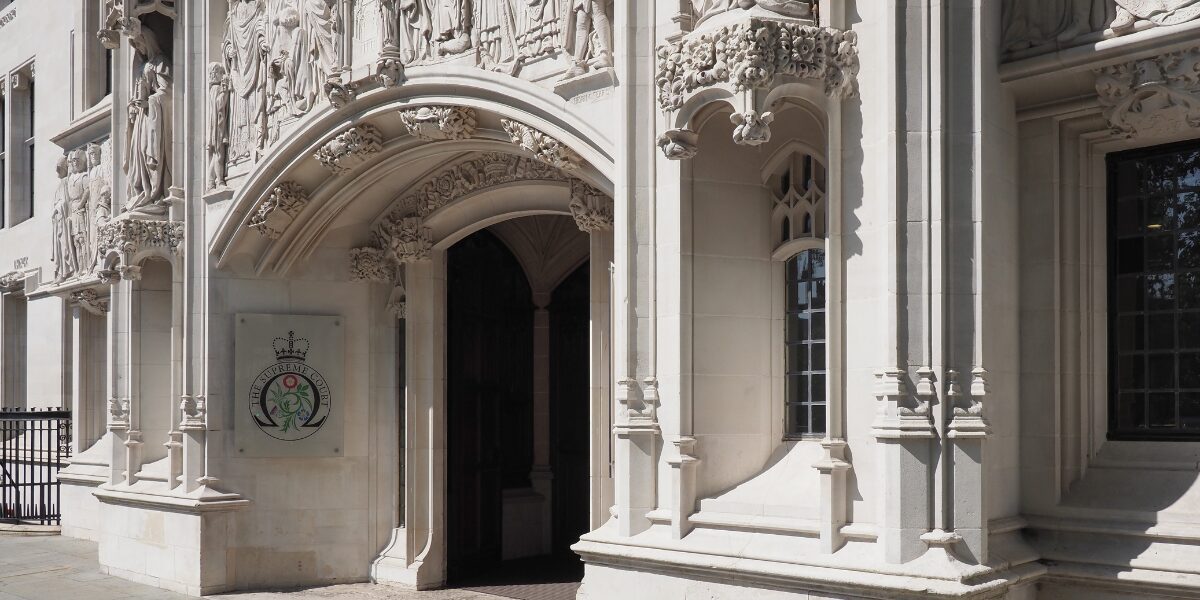
This guest article was provided to us by Charlotte Wailes, Trainee Solicitor in the Abuse Team at law firm, Bolt Burdon Kemp
For survivors of childhood abuse, it may take years before they decide to disclose what happened to them.
Questions survivors may ask themselves include: why should I make this known? Who should I tell? Will I be believed? There are multiple reasons why survivors don’t come forward, including the nature of abuse itself, feelings of shame or guilt, manipulation or threats from the abuser, the position of trust and respect in the community that the abuser may hold or mental health issues caused by the abuse.
Many people who suffered abuse as children may not feel ready or safe to talk about the abuse until their abuser has died.
While it will ultimately make taking legal action more challenging, survivors can still seek justice by bring a claim for compensation, even if their abuser has died. Below I explain the process.
Criminal prosecution
Often when someone makes the courageous decision to take legal action, the only option they can think of is to report the abuse to the police. Unfortunately, if an abuser has died, it is no longer possible for the CPS to bring charges against them, so it is only in very rare circumstances that the police will carry out an investigation.
This can be very hard for survivors to come to terms with, and many may feel frustrated after taking the significant steps of disclosing their abuse.
However, you should still consider making a report to the police, even if you suspect an abuser has died.
In some instances, the police may be able to give survivors valuable information, such as if other complaints have been made against their abuser. It also enables the police to check whether the suspected abuser is actually deceased, and whether they were connected to any other abusers who may still pose a threat to children.
In addition, whether or not there is a full police investigation, a record will be made of the abuse and this will assist society in understanding the extent and scale of abuse so that this can be addressed in the future.

Compensation Claims
It is still possible to bring a claim for compensation if your abuser has died. If you secured a conviction against your abuser before they died, you can still rely on their conviction in the civil courts. If the abuser was not convicted, the chances of your claim succeeding will likely depend on the available evidence.
I will explore two possible legal options:
- Civil claims (i.e. court claims)
- Criminal Injuries Compensation Authority (‘CICA’)
Time limits
It is important to be aware there are time limits which apply when you make a civil claim.
For abuse that occurred when you were a child, your claim needs to be issued by your 21st birthday. If the abuse took place when you were an adult, you have three years to bring a claim from the date of the incident/abuse.
However, by their nature many claims for childhood sexual abuse are brought ‘out of time’, years or decades after this time limit has passed. The court can exercise its discretion to disapply the limitation period if it finds there can still be a fair trial and there are good reasons for the delay. This can include the barriers to disclosure survivors of childhood abuse experience and the impact the abuse has had on their mental health.
Claims against the deceased abuser’s estate
If your abuser has died relatively recently and has sufficient assets, you may be able to bring a claim against their estate. A personal representative (known as an executor or administrator) will be responsible for distributing the abuser’s assets.
It is important to act quickly because your claim will need to be brought before the personal representative has distributed the estate to the named beneficiaries. Your chances of successfully recovering compensation will be higher if your abuser was convicted before they died.
Claims against the abuser’s employer/organisation at the time of the abuse
You may be able to bring a claim if your deceased abuser was employed or acting on behalf of an organisation at the time of the abuse.
This entity can be held responsible if there was a sufficiently close connection between the abuser’s actions and their duties of employment.
You may also be able to bring a claim against an organisation by establishing they were negligent. You will have to show that the organisation owed you a duty of care, and that they failed or made a mistake which allowed the abuse to take place. For example, if the abuser has previous convictions for similar offences.
Examples of organisations that claims can be brought against include but are not limited to:
- Schools
- Social services
- Ministry of Defence
- Sports teams
- Religious organisations
- Charitable organisations and
- Cadet, scout, or guide groups.
The deceased abuser’s employer/organisation will likely argue it is not possible to have a fair trial as they are unable to defend the allegations of abuse because their key witness (the abuser) has died.
Points to raise in considering this defence are:
- Whether the abuser has previous convictions of abuse;
- Whether the abuser was ever investigated, faced disciplinary processes or dismissed by their employer because of abuse;
- Whether there are other survivors who can corroborate and provide factual witness evidence; and
- Whether the abuser was connected to any other known abusers.
The chances of your claim succeeding will depend on the evidence available to prove that the abuse occurred. Although cases where the abuser has died are inevitably more challenging, there have been successful cases, and you should not be deterred from getting advice from a specialist abuse lawyer.
Criminal injuries compensation authority (CICA)
As well as seeking justice through the civil courts, you can consider making a claim to the Criminal Injuries Compensation Authority (‘CICA’).
The CICA is a Government-funded body that compensates victims of a crime of violence including physical and sexual abuse, in addition to sexual assaults. There are strict eligibility rules which cover when and how it is possible to obtain compensation from the CICA, including compensation for the offence itself, physical and mental injuries, treatment costs and loss of earnings. Crucially, an abuser does not have to have been convicted to make a CICA application.
To be eligible to make a claim to the CICA, the following criteria must be met:
- You must have reported the abuse to the police;
- The time limit for making an application to the CICA is two years from the crime occurring or within two years of reporting to the police; and
- The CICA is unlikely to make compensation payments to people who have unspent criminal convictions.
The CICA can extend the two-year time limit in exceptional circumstances where an application could not have been made earlier. Another exception is when the evidence provided supporting the application means it can be determined without additional extensive and detailed investigations by a claims officer.
At Bolt Burdon Kemp we recognise disclosing abuse is an immensely challenging decision. Most importantly, survivors should make that crucial step when they feel that they are ready.
You should not be discouraged from seeking legal advice if your abuser has died. There are legal options available. Every survivor has a unique story to tell, and the applicable law will consider the circumstances or facts of each case.
We work together with NAPAC and understand the legacy of childhood abuse and trauma survivors’ experience. Our abuse team wants to make sure every survivor gets the justice and support they need which can help their healing process.
If you would like to obtain specialist legal advice on abuse claims, please contact the abuse team at Bolt Burdon Kemp for free and confidential advice on your legal options.



